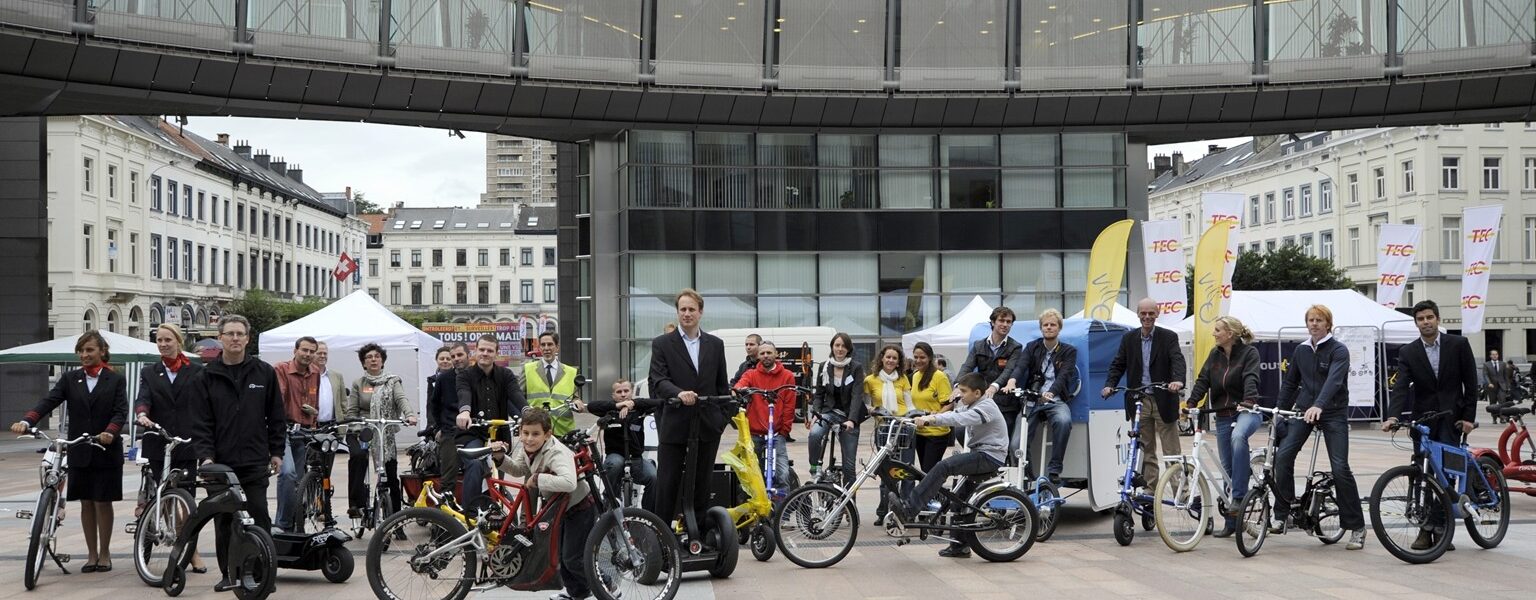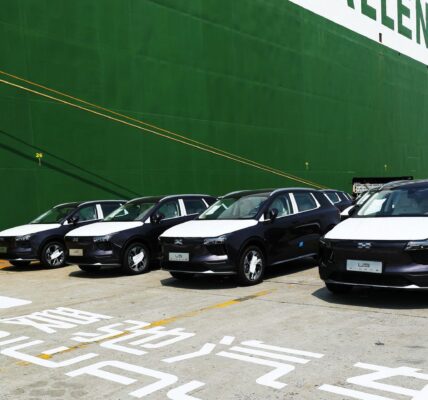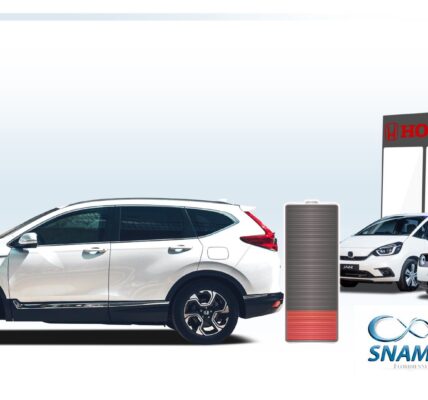The Light Electric Vehicle Association, LEVA-EU, has warned that the proposed new rules governing batteries for electric vehicles will do more harm than good for manufacturers.
The warning followed the European Commission’s proposal to the European Parliament and Council for new battery legislation. While the Commission does propose reasonable measures for batteries in light means of transport, its definition means that it would only categorise batteries as portable batteries for a few categories of light electric vehicles.
Therefore, LEVA-EU is looking to reach a common understanding on how to include batteries for light means of transport in the legislative proposal to ensure that it does not have a harmful effect on LEV companies.
Annick Roetynck, Manager for LEVA-EU said: “The new legislation is a sledgehammer to crack a nut and effectively categorizes bigger batteries over 750 watts used by more powerful LEVs such as electric motorbikes and mopeds differently. This means that electric vehicle batteries are to become subject to very extensive and complicated sustainability requirements, supplemented with heavy-duty administration. It is simply impossible, not to mention costly, for LEV battery producers to comply with electric vehicle battery regulations, while having to document where the batteries came from and how sustainable the manufacturing process is, even if they are not making the batteries. It is also debatable whether these requirements are necessary and adequate for LEV batteries.
“In addition, these proposals contradict the EU’s own carbon emission statements as they will make it harder for manufacturers to produce electric vehicles like electric motorbikes, e-scooters and electric mopeds, in turn preventing certain LEVs from coming on the market. This is bad news at a time when it has been proven that light electric vehicles are vital for cutting greenhouse gas emissions in the framework of the Green Deal. In fact, one major way to reduce transport emissions relatively quickly, and potentially globally, is to swap cars for light electric vehicles.”
According to the current proposal, only sealed batteries up to 5kg to be used in vehicles with a seat and a motor of no more than 750 watts, come under the category of portable batteries. All other batteries, such as those in electric scooters would be categorised as electric vehicle batteries.
In most cases, the sustainability responsibilities will not fall on the company that effectively makes the battery, but on the vehicle producer or importer that first puts the battery on the market in an EU Member State. Under electric vehicle battery rules, that producer will be charged with duties beyond their remit and, while the Commission is prepared to reconsider this proposal, it is already with the European Parliament and Council for consideration.
Roetynck added: “There is only a short timeframe available to lobby the European Parliament and Council before this legislation is made law. We want to hear from as many LEV companies as possible to ensure their voice is heard. In return, we can explain to LEV companies what the proposal is, the impact it will have on businesses, the legislative procedure and our plan to negotiate better regulations for the benefit of businesses. We’re already lobbying MEPs and the Commission and we need the support of LEV companies to campaign for a battery proposal which will not destroy them.”
LEVA-EU proposes not to categorise LEV batteries as portable nor as electric vehicle batteries. Instead, the association proposes to create a fourth new category specifically for LEV batteries. The category can be easily defined by linking it to the L-category in technical legislation.
Consequently, all batteries in vehicles in the L-category, but also all vehicles excluded from the L-category under Article 2.2 of Regulation 168/2013, could be categorised as LEV batteries. As a result, a dedicated collection scheme can be organised and accurate targets may be set upon specific research.
LEVA-EU believes it is important to have collection separate from portable batteries, because due to specific hazards, LEV batteries are subject to UN rules for transport. The Commission does however insist on additional sustainability requirements for heavier batteries in the L-category, starting from L3 to L7.
LEVA-EU’s proposal is not to impose such requirements immediately but to research what is necessary and feasible and to consult with LEV businesses on this. LEVA-EU is going to translate its proposal in concrete amendments which will be presented to the European Parliament and Council over the coming weeks.







